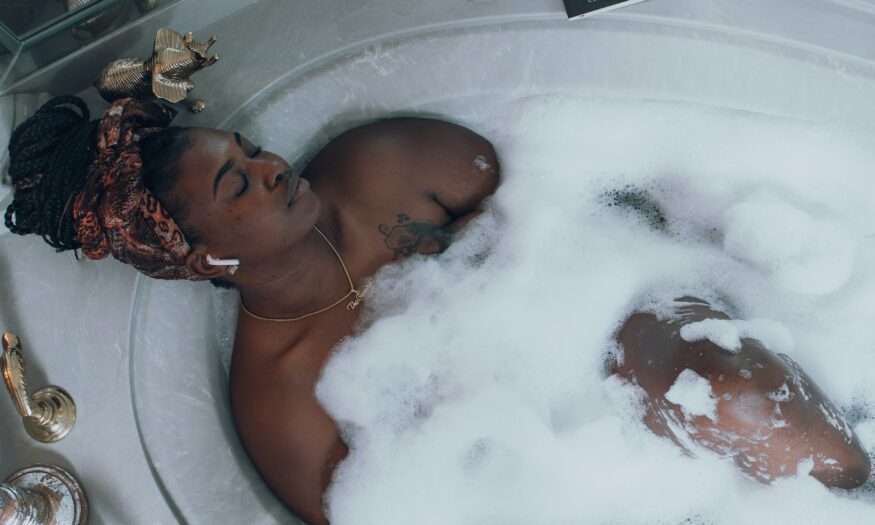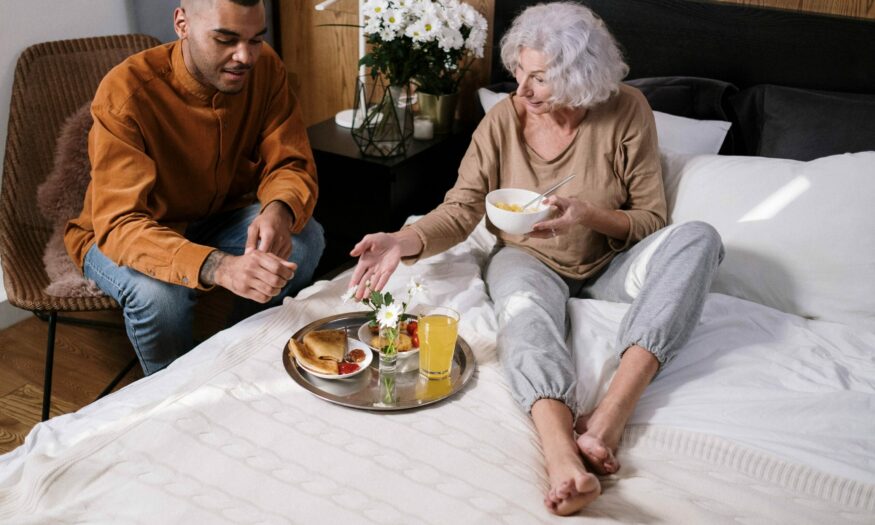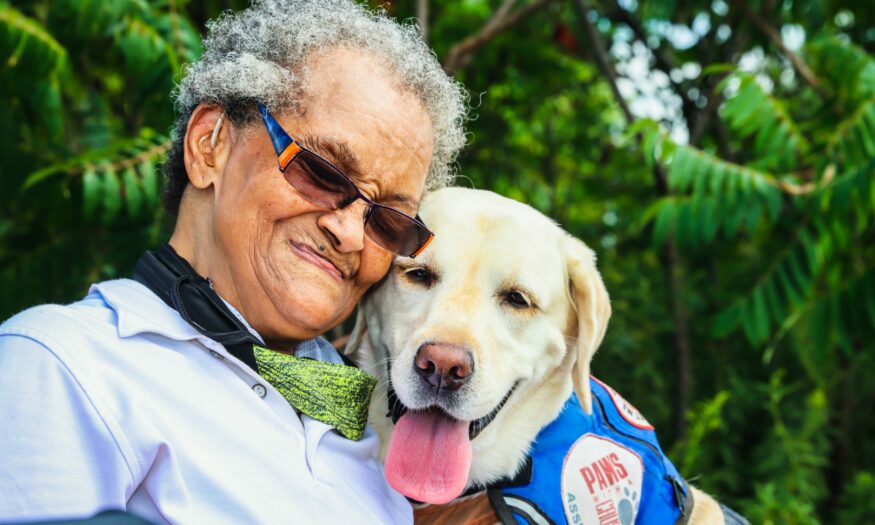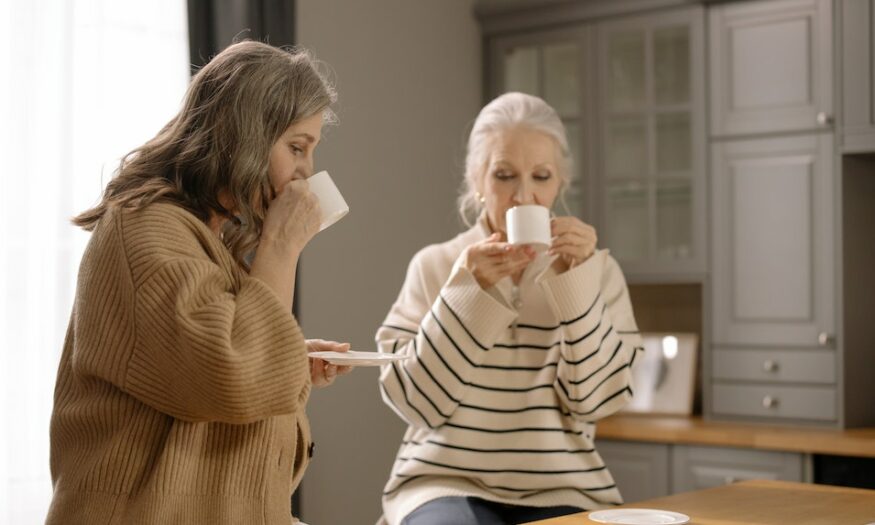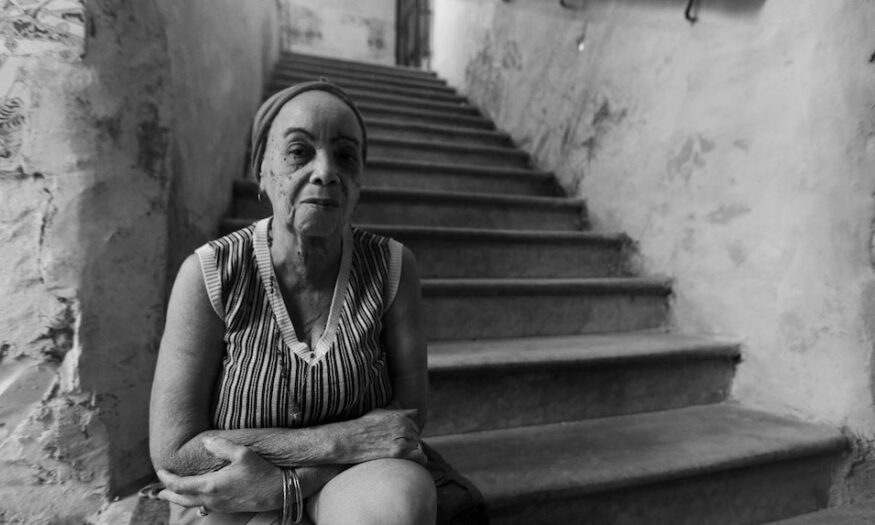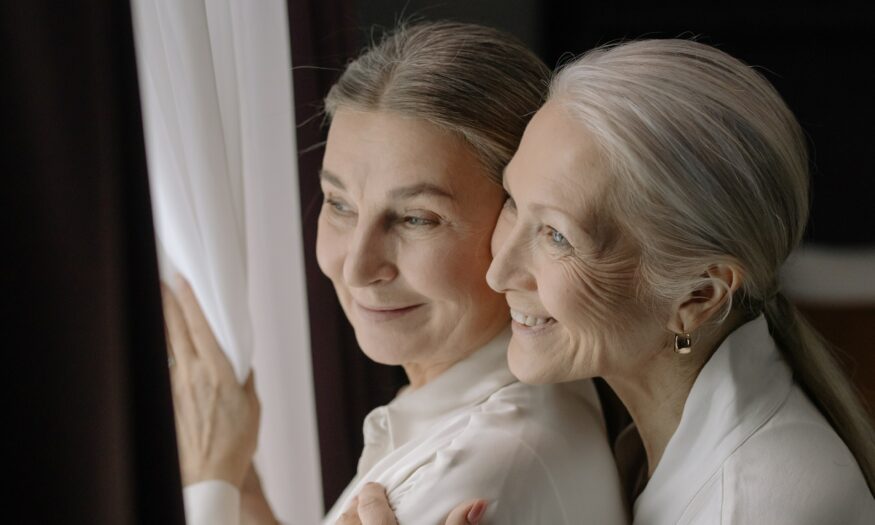Growing Older
Ageism—stereotypes, prejudice, or discrimination against people who are seen as old—affects us all. However, women are affected in unique ways, and often more harshly, by ageism. In a society that idealizes youth, judges women based on “attractiveness,” and marginalizes and excludes older people, we need to confront stereotypic, devalued definitions of older adults, no matter what path we take to growing older.
In the United States, we’re...
Ageism—stereotypes, prejudice, or discrimination against people who are seen as old—affects us all. However, women are affected in unique ways, and often more harshly, by ageism. In a society that idealizes youth, judges women based on “attractiveness,” and marginalizes and excludes older people, we need to confront stereotypic, devalued definitions of older adults, no matter what path we take to growing older.
In the United States, we’re living through a major demographic shift, in which 10,000 baby boomers turn 65 each day. By 2030, one-quarter of the U.S. population will be over 65, with similar shifts happening all over the world. In the United States, women outnumber men in every age group, with the gender gap growing as we age. Advances in health care have made it possible for us to live longer and healthier. But our society is not prepared for this aging of the population and the opportunities and challenges it will bring.
Popular media is filled with advice on how we can live longer and healthier so we can “age successfully.” Some of this advice is based on scientific knowledge, and soundly combats the stereotype that aging must equal decline. The problem with this advice is that, at its core, it focuses on our individual responsibility to maintain our health and independence. It doesn’t recognize the inequities within our society that make “successful” aging impossible for so many of us. Furthermore, and perhaps hardest to accept, this advice does not address the fragility, vulnerability, and dependency that we are likely to face as we age. While biological aging is all too real, we should not be considered less worthy because we have wrinkles, sagging body parts, or physical or cognitive infirmities. In fact, our resilience and wisdom should be valued by society.
The notion of “successful aging” also assumes equal opportunities throughout one’s life. But we live in a society that denies full access to opportunity and prosperity to all people. Rather, these factors are influenced tremendously by our racial, ethnic and class backgrounds, our gender and gender identity, our immigration status, and the extent to which we’re living with disabilities. Beyond our personal experiences, how we age is deeply affected by broader systems that affect our health and well-being – like health care, education, work, housing, communities, and more. We need to reduce the barriers that women and gender-expansive people face throughout our lives, so we can approach and live in old age—difficult even under the best of circumstances—with less stigma and hardship.
This section explores the many facets of growing older, and offers a range of powerful materials about ageism, bodies, care, sexuality, inequities in the workplace, aging for BIPOC elders, aging for LGBTQ elders, and more.
Ageism
-
8 items
View allAgeism is discrimination against people who are seen as “old.” This includes but goes beyond individual interactions.
BIPOC Aging
-
9 items
View allCelebrating identity and re-examining what aging means for Black, Indigenous, and other people of color, as well as improving services.
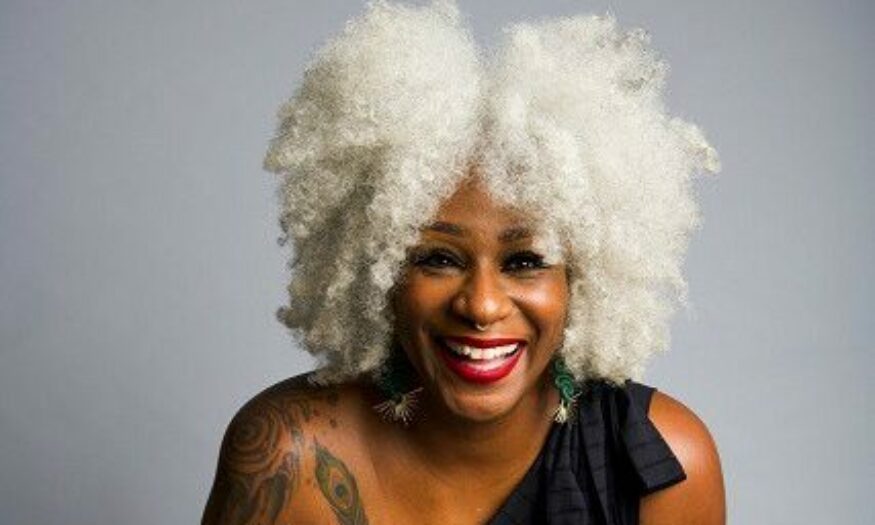
Growing Older Menstruation through Menopause
“Decolonizing The Crone” and Reclaiming The Freedom of Aging
Bodies
-
6 items
View allAs we age, our bodies absorb the wear and tear of a lived life, with all its joys and challenges.
Care
-
13 items
View allCaregiving is essential work, whether it takes place within the family, in the community, or in the paid workforce.
Housing
-
4 items
View allAffordable housing is crucial for us as we age; however, inequities and discrimination in housing policies can pose challenges for elder adults.
Inequities
-
5 items
View allOur society is built on inequities, or unfair differences in how people are treated, based on race, gender, and age.
LGBTQ Aging
-
7 items
View allThe unique and beautiful lived experiences of older LGBTQIA+ individuals are highlighted, including sexuality, LGBTQIA+ advocacy, inequalities, and resources.
Retirement
-
16 items
View allAs we age, we begin to think about retirement. Yet, disparities and policies may make it difficult for some of us to retire.
Sexuality
-
2 items
View allIt’s a myth that sexual desire fades as a natural and irreversible part of aging. The need for intimacy is ageless.

Growing Older Sexuality
The New Sexual Playground: Teaching Health Professionals about Aging and Sex


